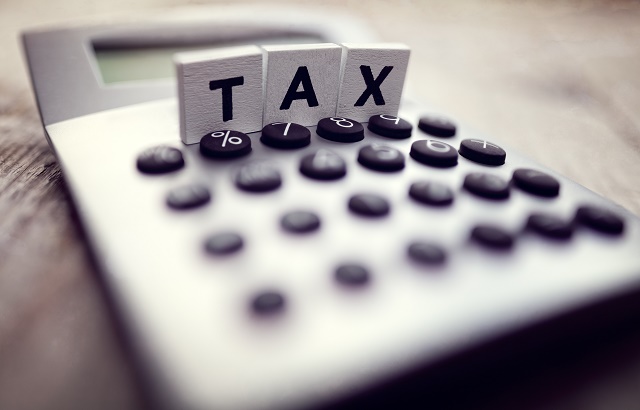Financial advice firm Salisbury House Wealth has said that UK chancellor Rishi Sunak could cut tax incentives on savings and investments to cover the huge coronavirus-driven public spending measures.
According to HM Revenue & Customs data, tax incentives granted to individuals on savings and investments in the UK hit a record high of £25.6bn ($33.6bn, €28.5bn) in the last year.
This was up 3% from £24.8bn in 2018/19.
Incentives available for investors include tax relief on pension contributions, individual savings accounts (Isas) and venture capital trusts (VCTs).
The largest tax incentives gained by individuals last year were £21.2bn in tax relief on pension contributions and £3.3bn on ISAs.
Funding coronavirus bill
Salisbury House Wealth said that HM Treasury will likely be looking for ways to increase tax receipts to cover huge coronavirus-driven public spending measures.
In the Summer Statement on 8 July, the chancellor introduced further measures, including cuts to VAT and stamp duty.
One possible way of raising tax receipts would be to cut the level of incentives available on savings and investments.
Tim Holmes, managing director at Salisbury House Wealth, said: “Tax incentives can have a very powerful effect on driving savings growth so savers need to make sure that capitalise on them whilst they are still available.
“Although cutting tax incentives on savings and investments could be an easy target as the Treasury looks to increase tax receipts, the government needs to exercise caution.
“The constant chipping away at tax incentives, particularly on pensions, undermines the attractiveness of savings to middle earners as well as high earners. It risks deterring individuals from saving enough for their retirement which could be detrimental further down the line.”








